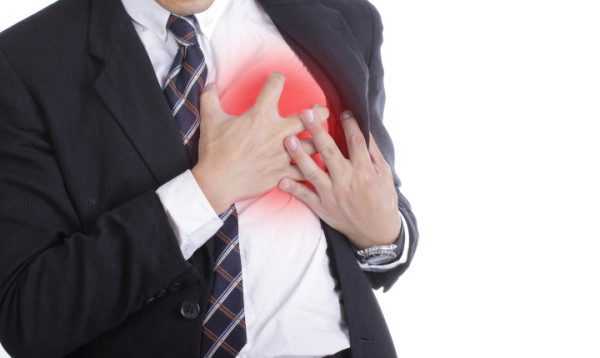Are you experiencing chest pain, discomfort, pressure or squeezing in the chest and severe pain in shoulders, arms, neck, jaw, or back? A positive answer may indicate angina because your heart muscle failed to get enough oxygen-rich blood. You know angina is not a disease on its own but a symptom of an underlying heart problem like coronary artery disease. It may attack in different forms like:
- Stable angina in which chest pain occurs only during exercise and hard physical activity
- Unstable angina where chest pain occurs even when at rest
- Variant and microvascular angina; this may occur at any time without underlying coronary heart or artery disease.
But whatever the type is. The point to ponder is why you are suffering the pain and how you can take relive from it. A heart specialist can help you in this regard, to find a heart specialist in Lahore, log on to Marham. Keep reading to know more about angina and its causes.
Why it Attacks You?
When one or more coronary artery is narrowed or blocked it causes an obstruction in normal blood flow which results in the chronic chest pain. The culprit of the obstruction in normal blood flow is the cholesterol deposition in the arteries. And this may occur due to the following reasons:
- High cholesterol level
- Much intake of fatty and sugary foods
- Less intake of fiber-containing food items
- Less consumption of water
- Less physical activity and sedative lifestyle
- Increased body weight
- Smoking or alcohol consumption
- Severe permanent emotional or physical stress
- A metabolic disorder like diabetes
- Family history
How to Ward off Angina?
Angina treatments mainly aim to reduce pain, get rid of symptoms, and prevent or at least reduce the risk of a heart attack. These aims achieved by the collective implementation of medicines, lifestyle changes, and medical procedures.
Life Style Changes:
Lifestyle changes recommended to ward off angina completely include:
- Immediately stop smoking and alcohol consumption
- Control the body weight
- Lower the elevated cholesterol levels
- Avoid large meals and overeating
- Learn to handle or avoid emotional stress and depression
- Eat fresh fruits, vegetables, whole grains, low-fat or no-fat dairy products and fish.
- Drink adequate amount of water.
Medication
Medicines termed as nitrates like nitroglycerin are mostly prescribed for angina. They are potent to reduce the intensity of anginal attacks and associated pain by relaxing and widening the clogged blood vessels. Medicines to drop down the high blood pressure and cholesterol may also be prescribed to cure angina. These medicines will help to moderate the heart rate, widening of blood vessels, reduce pressure on the heart, and prevent blood clot formation.
Other medicines which may help the sufferer include the following;
Related: Feeling Pain In Heart, Should I See a Cardiologist?
- Beta-blockers
- Calcium channel blockers
- Angiotensin-covering enzyme inhibitors
- Oral antiplatelet medicines
- Anticoagulants
Surgery
In some cases, the surgical procedures are necessary to get rid of angina. A heart specialist will decide it if he feels there is no hope to cure by medication. Angioplasty and Coronary artery bypass grafting are the surgical procedures which will help in this regard.
What to Do?
Do not wait if you are experiencing the discomforts associated with angina, book an appointment with a cardiologist and discuss your condition. To consult or get an appointment online by a heart specialist/cardiologist in Karachi, log on to Marham-Find a doctor.
Stress and elevated cholesterol levels are considered to be the main culprits in case of angina. Staying happy and keeping a smile on your face can not only increase your face value but it will also help you to stay safe from angina.





